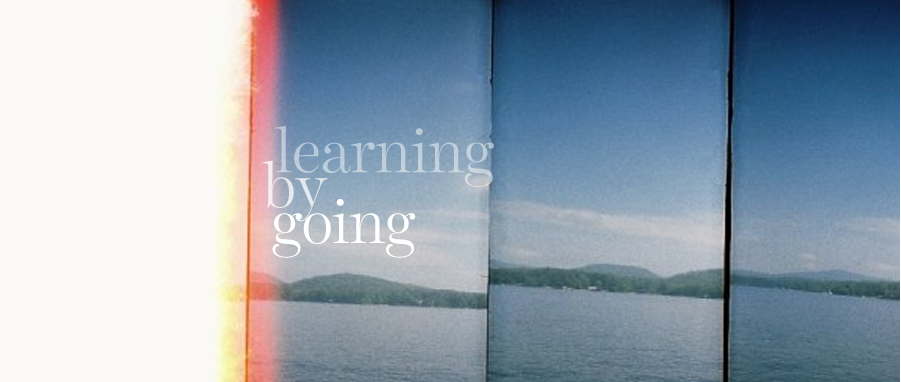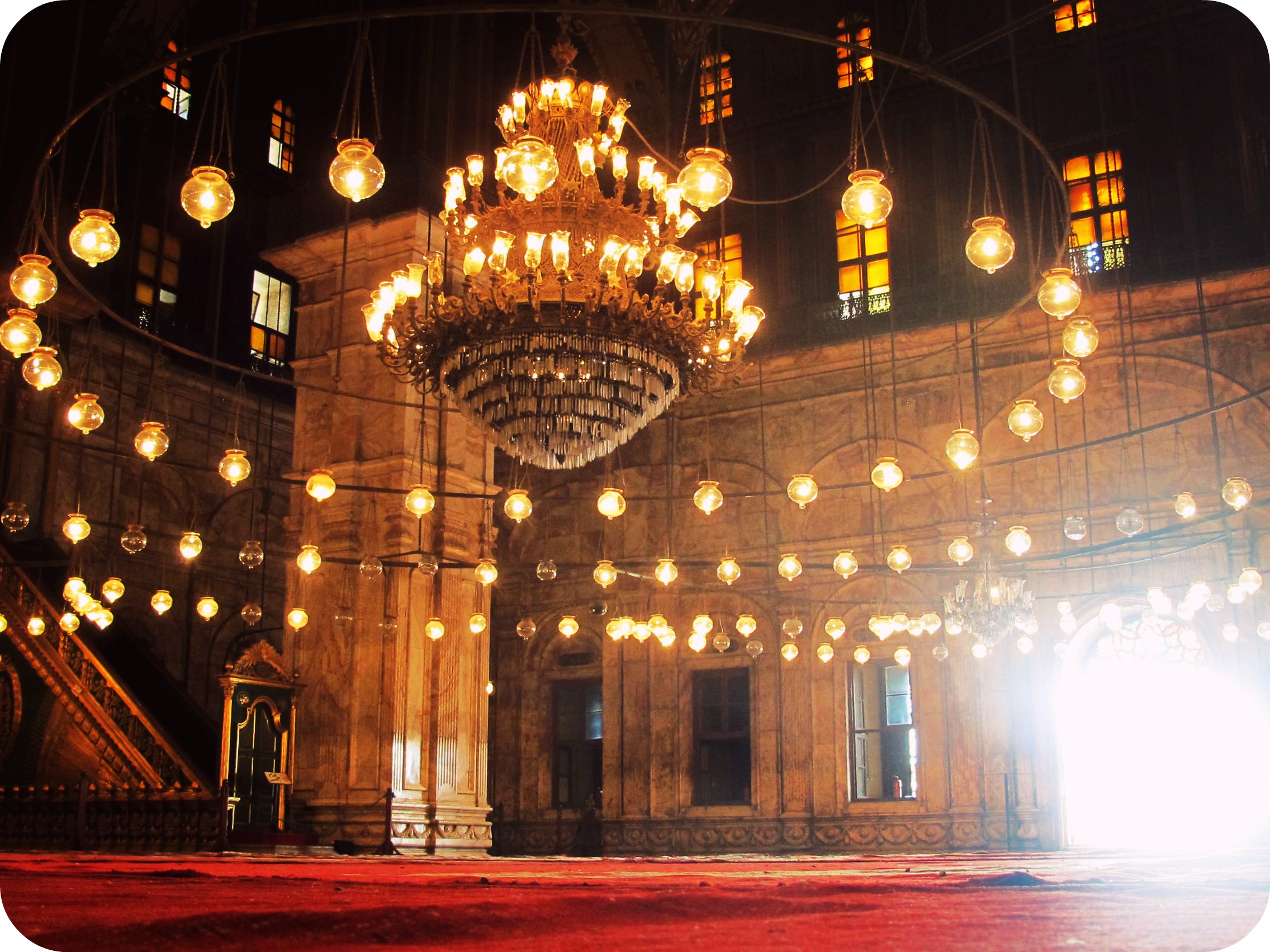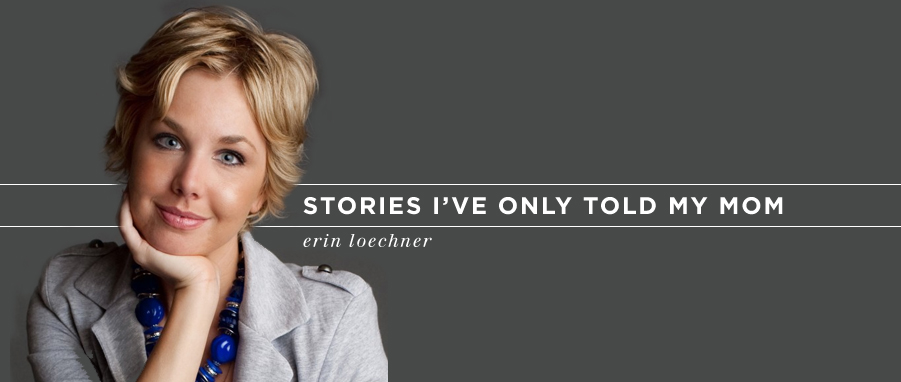I am the product of small towns. As a fourth grader, in Vincennes, Indiana, I rode my bicycle to school every day. Vincennes is a flat town of under twenty thousand residents and I lived in a neighborhood that was a straightforward grid. I rode three blocks down Twelfth Street and two blocks over on Wabash Avenue. This was fully allowed by the school; it was a K-6 school and bike riding was permitted when students were in fourth grade or above. I loved it. At the time I had a Huffy “Desert Rose” bicycle, which featured a fuchsia color scheme that was all the rage in 1988. There were bike racks at the school and I would ride there in the morning, chain my bike to the rack using my neon orange combination lock, and at the end of the day retrieve it to ride home. I have no idea what, if any, doubts my parents had about allowing this. I do know that I remember the experience with remarkable, visceral fondness.
One day, while riding home, I was knocked off my bike by an older (probably sixth grade) boy on his bike. It was an isolated incident of totally random meanness. I told my parents about it, and, if memory serves, my father went to talk to his parents. While I remember this incident, the sort of thing many parents might fear happening, it is but a blip in the experience of being allowed to ride my bike to school.
I was reminded of this when I read an article in Bicycling Magazine about a controversy in Saratoga Springs, NY. In spite of rising obesity rates, and environmental concerns, many schools prohibit students from riding bikes because of safety and liability concerns. The article reported that “one British study found that over the course of four generations, the distance that eight-year-old children in one family (the Thomases of Sheffield, England) were allowed to roam from home had shrunk from 6 miles (for great-grandfather George in 1926) to one mile (for grandfather Jack in 1950) to half a mile (for mother Vicky in 1979) to 300 yards (for son Ed in 2007).”
I read the article weeks ago and I keep returning to that statistic. Many of my fondest memories from my childhood involve “exploring” with friends, either on bikes or on foot. When my family moved to Bethany, West Virginia, in 1989, I found myself in a college town with no traffic lights, no gas station, virtually no traffic, and a coterie of fellow professors’ kids with whom to ramble around. Summer often involved four or five of us in the woods, finding crayfish in the creek, or playing an elaborate version of nighttime hide and seek we called “flashlight war.” I remember distinctly the day we decided to “ride our bikes to Pennsylvania,” and while it was only a three-mile ride, the thrill of crossing a state line all by ourselves has never left me.
How do I provide my son with these experiences? Is it possible in 2012, to give kids this sort of freedom? Are such idyllic experiences only feasible in small towns? As a parent, I feel like every decision we make about our son’s welfare is complicated and fraught. “Does the store have organic bananas today? Is he too heavy to use his jumper any more? The weather is cool and humid – does he need a sweatshirt?” This isn’t even beginning to touch the big issues that cause rifts among even the best of friends like the never-ending debates over breastfeeding, co-sleeping, and so on.
I remember one day when I was probably about twelve years old. I went out into the woods that framed our yard in West Virginia. I was by myself. I probably was never more than a thousand yards or so from my house. I had no cell phone, no GPS. I went wandering, and I stumbled upon two trees that had grown towards each other creating an arch of sorts. I stood, mouth agape, astounded by the way these two trees framed an area of wildflowers just beyond. Romantically, and tapping into my inner Anne Shirley, I dubbed it “the gateway to beauty.” It was a remarkable sight, and I believed (and in a way still do believe) that I was the only person who had ever seen it. I went back days later and couldn’t find it again, but the memory lingers ethereally and has for twenty years.
Is there space for that sort of moment in a world where kids aren’t left alone “outside” very often? Even though I was really very close to my house, I felt like I was on another planet. Would I still have felt that way with an iPhone in my pocket?
I want my son to have these experiences, but I realize that these memories were not hyper-orchestrated by my parents. They bought me a bike, they let me ride it, they trusted me to come home again, and they trusted the environment enough to let me go. I hope I will be able to do the same for my son, even though the culture has shifted.



























